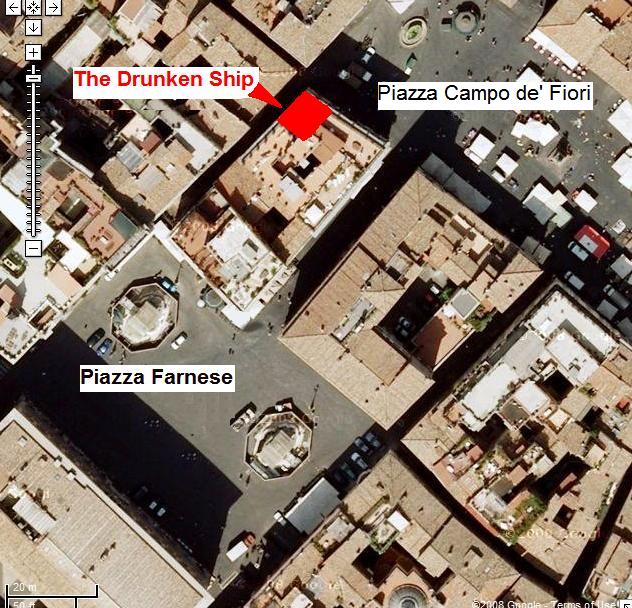From
Kate Fox, Passport
to the Pub: A Guide to British Pub Etiquette,
London 1996. - www.sirc.org
CHAPTER
3 Making Contact
To
initiate contact
with
these various members of the pub tribe,
you need to know the
etiquette...
Do
stand
or sit at or near the bar. The bar counter of a pub is possibly the
only place in Britain where the natives feel comfortable about
shedding their natural reserve and engaging in conversation with
strangers. This is the most ‘public’ area of the pub, and
people lingering at the bar after they have bought their drinks are
likely to be the most approachable. People sitting at tables may find
your approach intrusive.
Don’t
try
to engage the publican or bar staff in conversation when others are
waiting to be served. Also remember that even when the bar is not
busy, publicans and staff have other tasks to perform and may not
always be free to indulge in lengthy chats.
Do
make
use of traditional rituals. Offer a drink to the publican or member
of staff who serves you – using the customary “and one
for yourself” formula. You can, of course, strike up a
conversation with bar staff without buying them a drink, but this
friendly gesture will certainly be appreciated.
Do
approach
lone drinkers rather than couples or groups. But if you are male,
avoid approaching lone females (and vice-versa), as this may be
misinterpreted. Initiate conversation with regulars who are standing
or sitting facing outwards into the room, perhaps leaning back
slightly and looking around them.
How
to introduce yourself
Don’t
ever
introduce yourself. The “Hi, I’m Chuck from Alabama”
approach does not go down well in British pubs. The British quite
frankly do not want to know your name, or shake your hand – or
at least not until a proper degree of mutual interest has been well
established (like maybe when you marry their daughter). You will have
to adopt a more subtle, less demonstrative approach.
Start
with a comment about the weather, or a simple question about the
beer, the pub, the town, other pubs in the area etc. Do not speak too
loudly, and keep your tone and manner light and casual rather than
serious or intense. The object is to ‘drift’ gradually
into conversation, as though by accident. If the person seems happy
to chat with you – giving longish answers, asking questions in
return, maintaining eye-contact, etc. – you should still curb
any urges to introduce yourself. Instead, offer a drink, but avoid
using the word ‘buy’: say “Can I get you a drink?”
or “Can I get you another?”.
Eventually, there
may be an opportunity to exchange names, providing this can be
achieved in a casual, unforced manner, although it is best to wait
for your new acquaintance to take the initiative. If at the end of a
long friendly evening you have not introduced yourselves, and this
makes you very uncomfortable, you may say on parting: “Nice to
meet you, er – oh, I didn’t catch your name?”, as
though you have only just noticed the omission. Your companion should
then enlighten you, and you may now, at last, introduce yourself.
![]()
Breeching
experiments
(“To discover if a rule exists, try breaking
it.”)
Reference: Harold Garfinkel (1967), Studies in ethnomethodology, Englewood Cliffs, NJ: Prentice-Hall
RULES OF BRITISH BEHAVIOR (according to Fox)
ARE THEY RULES FOR AMERICANS, TOO?
 1.
Start making acquaintance with the bar owner (in GB the “publican”)
– order a beer and offer him one!
1.
Start making acquaintance with the bar owner (in GB the “publican”)
– order a beer and offer him one!
2.
Next choice: anyone at the bar facing the room (but not
a
lone person of the opposite sex).
3.
Don't say: “Hi, I'm Maria from Ostia, where are you from?”
Give your name at the end of the conversation (if at all).
4.
Talk about the weather, the beer, nearby pubs.
5. Offer to
refresh the other person's drink but do not say “buy” or
“pay.” Prefer: “Let me get you another?